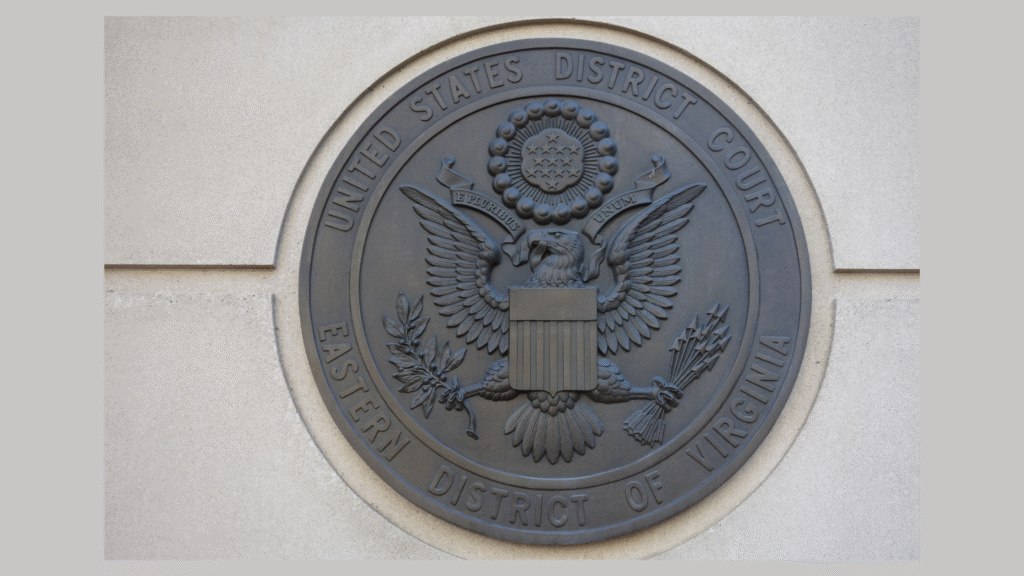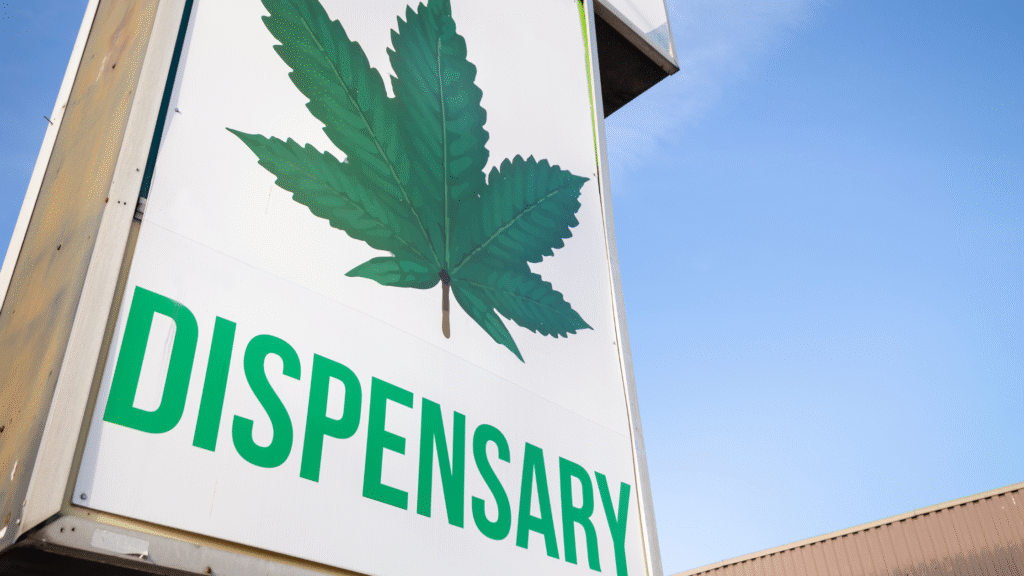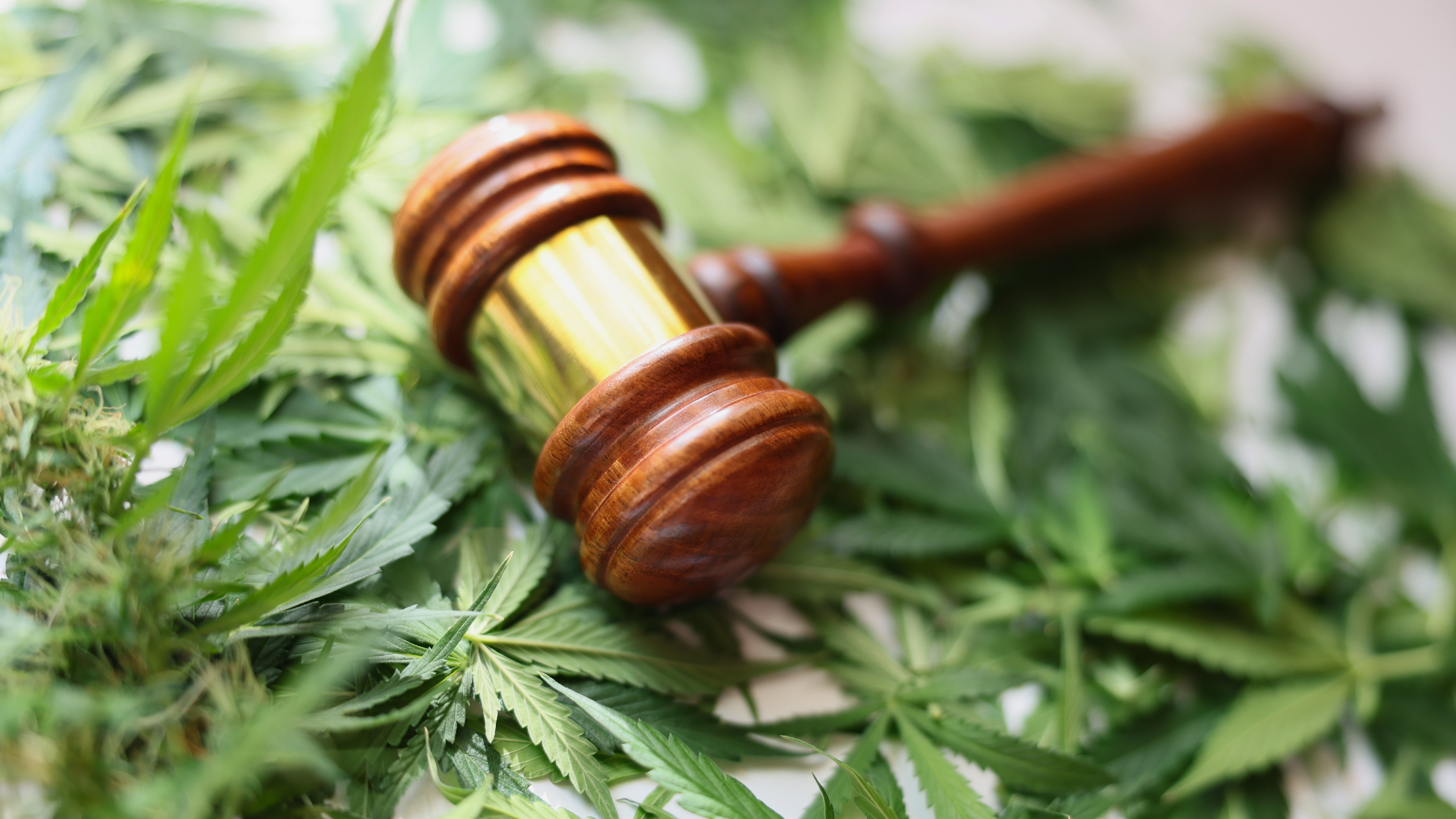As an international immigration lawyer, one of my most important responsibilities is staying on top of developments in law and policy, especially where federal and state laws clash. One of the most misunderstood areas today is the complicated intersection of marijuana and immigration, a topic that continues to confuse and impact non-citizens in the U.S., often with serious consequences.
Let’s be clear: just because marijuana is legal in your state doesn’t mean it’s legal for you.
Marijuana Use is Still Illegal for Visa and Green Card Holders
Across the country, recreational and medical marijuana use is increasingly normalized. Dispensaries are common. Your friends may use cannabis products without hesitation. But if you hold a U.S. visa or even a green card, you are playing by different rules.
Under federal law, which controls immigration, marijuana is still classified as a Schedule I controlled substance. That means it is illegal to use, possess, buy, or distribute marijuana, even in states where it’s completely legal under local law.
Federal Law Governs Immigration

No matter what kind of visa or status you have, you are under federal jurisdiction:
- F-1 international students
- H-1B workers and professionals
- B-1/B-2 visitors
- L-1 intra-company transferees
- O-1 extraordinary ability holders
- Dependents (H-4, F-2, etc.)
- Asylum applicants
- Green card holders (lawful permanent residents)
Yes, even permanent residents can face serious consequences for marijuana-related activity.
Immigration Penalties Apply Even Without a Criminal Conviction
You may think, “If I wasn’t arrested or convicted, I’m safe.” Unfortunately, that’s not how immigration law works.
Even if you were never charged or convicted of a marijuana offense, you could still face:
- Visa denial or revocation
- Denial of a green card or naturalization
- Deportation (removal proceedings)
- Inadmissibility or permanent bar from reentering the U.S.
In fact, simply admitting to past marijuana use during an immigration interview can trigger immigration consequences. Officers don’t need a conviction, your own words, social media posts, or associations may be enough.
Everyday Situations That Can Jeopardize Your Status

Here are common examples that might put you at risk:
- Visiting or working at a marijuana dispensary
- Riding in a car where cannabis is present
- Posting photos or content suggesting marijuana use
- Keeping receipts or packaging from cannabis purchases
- Admitting use of marijuana or cannabis products during visa interviews or at the border
Even being in proximity to cannabis-related activity can pose risks. For example, driving a friend to a dispensary or living with someone who uses marijuana may be scrutinized by immigration officials. When applying for adjustment of status or reentry to the U.S., these associations could come under review.
Remember: immigration officers can review public content and make decisions based on “reason to believe” you are involved with controlled substances.
The CBD Confusion

What about CBD? Isn’t it legal?
It depends.
- Hemp-derived CBD (with <0.3% THC) is federally legal.
- Marijuana-derived CBD or products with higher THC are not.
The problem is, immigration authorities rarely test CBD content, and possession of CBD products, especially from dispensaries, can raise red flags.
If you’re not 100% sure what’s in the product, avoid it.
Many applicants mistakenly think CBD is safe to carry while traveling or during border inspections. However, mislabeled or high-THC content CBD products have led to visa delays and entry denials. Always err on the side of caution when traveling with or using any cannabis-based products.
Why Federal vs. State Law Conflict Matters
The U.S. has a dual legal system: state law and federal law. States can legalize marijuana for their own residents, but immigration law is entirely federal.
So while your U.S. citizen friends may enjoy legal cannabis without issue, you could lose your immigration status, be denied entry, or even face deportation.
How to Protect Yourself
If you’re a visa or green card holder, follow these steps to stay safe:
✅ Avoid all cannabis-related products, including marijuana and CBD, regardless of local laws
✅ Do not visit dispensaries or marijuana businesses
✅ Be cautious online: don’t post about marijuana or “like” cannabis-related content
✅ Stay informed about your rights
✅ Never admit to marijuana use in immigration contexts without speaking to a lawyer
Final Word: Stay Informed, Stay Safe

This isn’t about fear, it’s about being informed.
The truth is simple: immigration law has not caught up with marijuana legalization, and non-citizens are paying the price for that gap.
Don’t risk your future. Don’t assume state law protects you. If you have questions, talk to a trusted immigration attorney before you make a mistake that can’t be undone.
Need personalized advice?
At Qazi Law, we’re here to help you navigate the hidden dangers of immigration law. Schedule a confidential consultation with Attorney Farrah and protect your future. You can also call us at 630-504-0648 or visit our website at www.qazilawoffices.com.
We’re ready to help.
Sign Up for Our Newsletter: Receive weekly immigration news and free toolkits.
Facebook: Qazi Law Offices
Instagram: Abogada Farrah Qazi
LinkedIn: Qazi Law Offices

